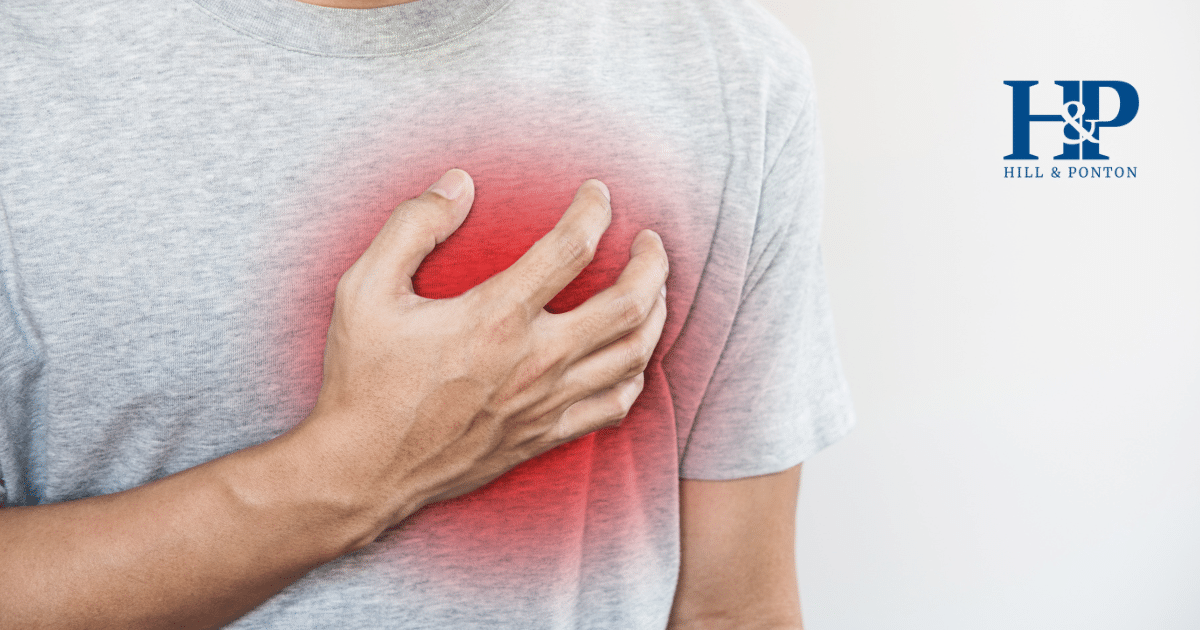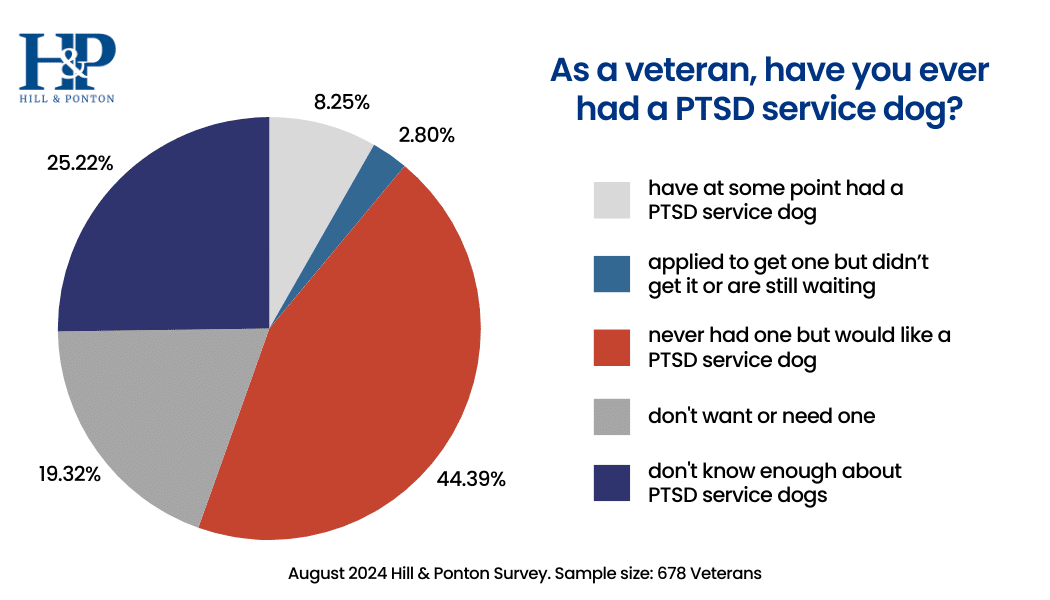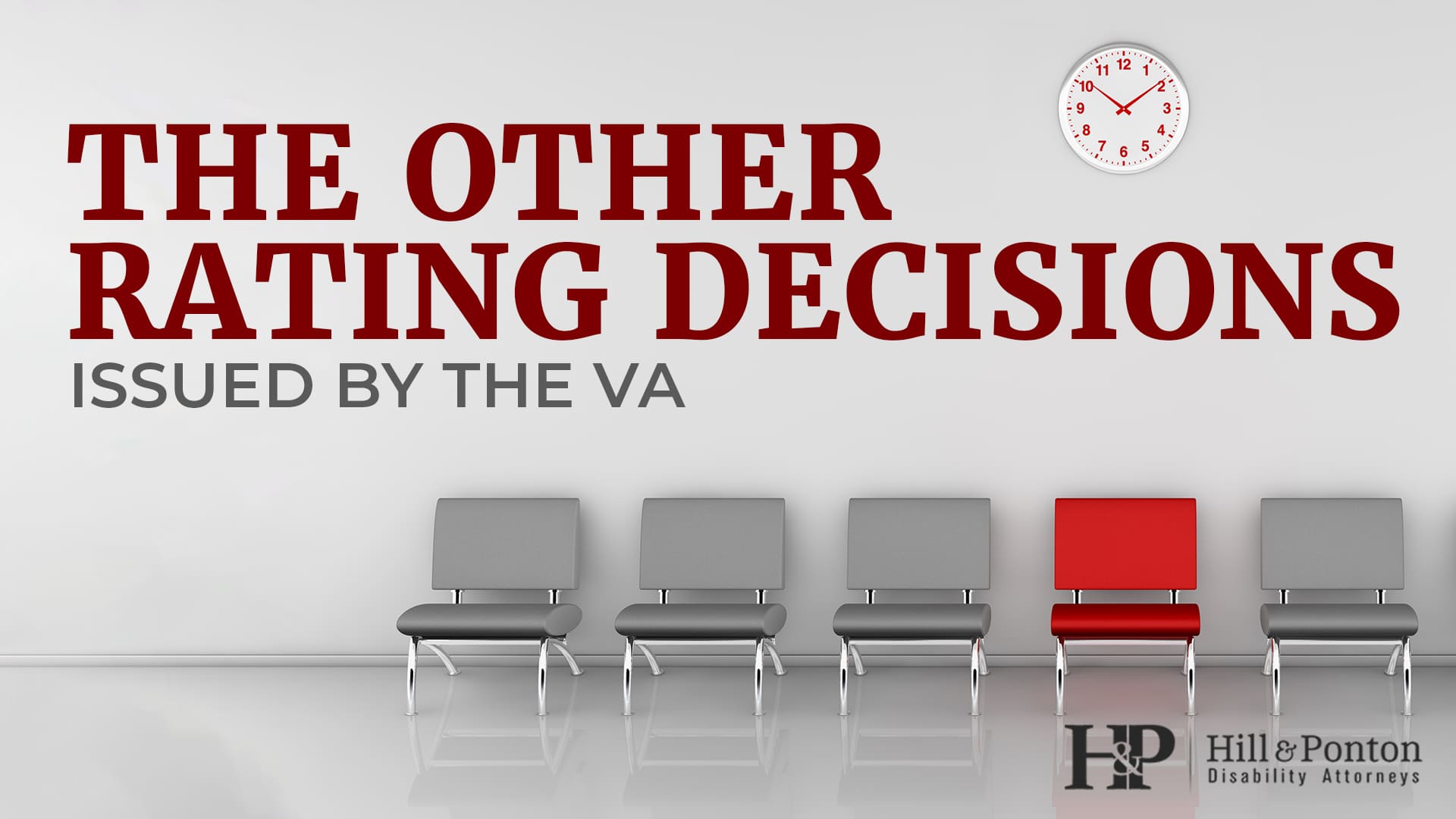Post Traumatic Stress Disorder (PTSD) is a condition that affects countless veterans, manifesting in a variety of psychological symptoms such as nightmares, anxiety and hypervigilance.
Beyond these well-known impacts, recent research has revealed a startling connection: PTSD can also have profound impacts on heart health, potentially leading to serious cardiovascular conditions.
By understanding the impacts of PTSD on the heart, veterans and their loved ones can better understand the full scope of this condition and secure VA disability benefits for these interconnected health issues.
What Common Cardiovascular Conditions are Linked to PTSD?
Recent research has shown that veterans diagnosed with Post-Traumatic Stress Disorder (PTSD) are at a significantly higher risk of developing various cardiovascular conditions.
The chronic stress and physiological impacts of PTSD has led to a higher prevalence in serious heart health issues, including coronary artery disease (CAD), atrial fibrillation (AFib) and cardiac ischemia.
Coronary Artery Disease
Coronary Artery Disease (CAD) is a common cardiovascular condition linked to PTSD. CAD occurs when the coronary arteries become damaged or diseased, often due to plaque buildup that reduces blood flow to the heart.
Research published in the Journal of the American Medical Association (JAMA) Cardiology in 2021 reported that veterans with PTSD have a markedly higher incidence of CAD. The study indicated that chronic stress and hypervigilance associated with PTSD contribute to the development and progression of CAD.
Atrial Fibrillation (AFib)
Atrial fibrillation is characterized by an irregular and often rapid heart rate, which can lead to poor blood flow and increase the risk of stroke and other heart-related complications.
According to a 2022 study published by the National Center for Biotechnology Information (NCBI), veterans with PTSD have a significantly higher likelihood of developing atrial fibrillation and heart palpitations.
Cardiac Ischemia
Cardiac ischemia occurs when there is a reduced blood flow to the heart muscle, often caused by blockages in the coronary arteries.
A study published in Biological Psychiatry in 2013 found that veterans with PTSD are more likely to experience cardiac ischemia compared to those without PTSD, even when accounting for other risk factors like smoking, diabetes and high cholesterol.
In the study, 17% of veterans with PTSD had cardiac ischemia, compared to the 10% of those without PTSD.
Prevalence of Heart Disease in Veterans with PTSD
The prevalence of heart disease among veterans is notably high. According to the Biological Psychiatry study, veterans with PTSD are more than twice as likely to develop heart disease compared to those who don’t suffer from the condition.
Another study published in Translational Psychiatry in 2023, highlighted that veterans with severe PTSD symptoms have significantly higher rates of cardiovascular events, including heart attacks and strokes, compared to those with milder symptoms or without PTSD.
Severity of PTSD and Its Impact on Health
One of the findings in more recent studies about PTSD and heart health, was the correlation between the severity of PTSD symptoms and the risk of developing cardiovascular conditions.
The research published in 2023 by Translational Psychiatry, found that veterans with more severe PTSD symptoms exhibited a higher incidence of cardiovascular events, such as heart attacks and strokes.
Veterans with severe PTSD were found to be at a substantially higher risk, emphasizing the need for early and effective treatment of PTSD to mitigate these health risks.
Chronic Stress and Inflammation
Another critical factor that linked PTSD and cardiovascular disease, was chronic stress, which leads to persistent activation of the body’s stress response. This prolonged stress response can cause systemic inflammation, which is a known contributor to various cardiovascular conditions.
The 2024 study by the National Center for Biotechnology Information (NCBI) emphasized the role of inflammation in the development of atrial fibrillation among veterans with PTSD.
Chronic stress from PTSD results in elevated levels of inflammatory markers, which can cause damage to blood vessels and lead to heart conditions like atrial fibrillation and coronary artery disease (CAD).
Longitudinal Studies and Long-Term Effects
Longitudinal studies, or studies that are longer in duration, often provide valuable insights into the long-term effects of PTSD, including impacts on the heart.
The research from the Journal of the American Medical Association (JAMA) followed veterans for several years and demonstrated those with PTSD had a higher incidence of heart disease over time compared to those without PTSD.
This long-term perspective highlighted that cardiovascular impacts of PTSD are not always immediate but accumulate over years, stressing the importance of continuous monitoring and management of heart health in veterans with PTSD.





